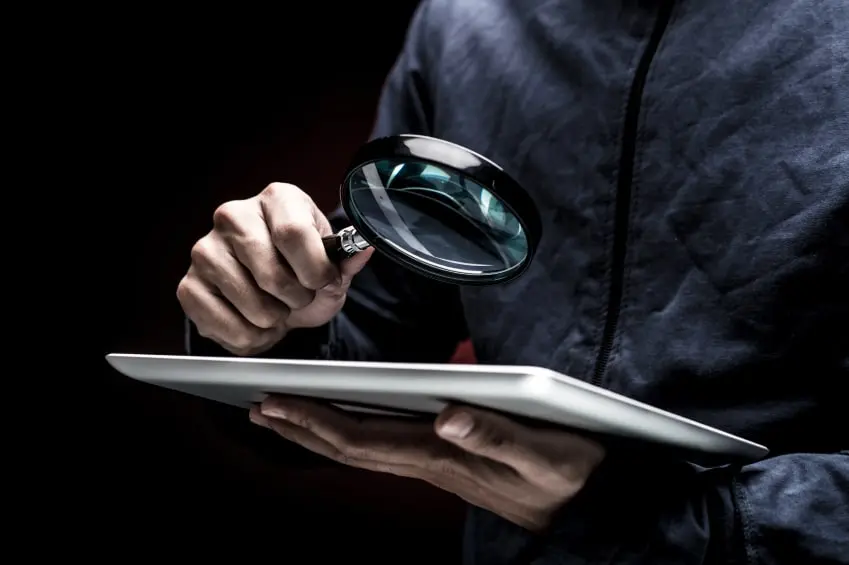Understanding the Role of Private Investigators in Today’s World
In an era where information is power, the search for truth often requires specialized skills and tools. Whether for personal peace of mind, corporate protection, or legal support, there are professionals dedicated to uncovering facts with precision and discretion. These experts navigate a wide range of cases, from missing persons to fraud investigations, offering clarity where uncertainty once prevailed.
Who Are Private Investigators?
Private investigators are trained professionals who gather, analyze, and present information to help individuals, businesses, or legal representatives resolve complex issues. Unlike police officers, their primary focus is not crime prevention but rather fact-finding on specific concerns raised by their clients. They work within legal boundaries, using various techniques to deliver reliable evidence while maintaining confidentiality and professionalism.
The Types of Cases They Handle
Private investigators work across diverse areas of life. Some of the most common cases include:
- Personal Relationships: Addressing suspicions of infidelity or verifying the background of someone new.
- Family Matters: Assisting in child custody disputes by collecting evidence relevant to court proceedings.
- Corporate Investigations: Exposing fraudulent activities, employee misconduct, or breaches of trust.
- Legal Support: Helping lawyers by gathering evidence, interviewing witnesses, or locating individuals tied to a case.
- Missing Persons: Tracking down people who have disappeared or individuals who must be found for legal or personal reasons.
Each of these situations requires not only technical expertise but also sensitivity, as many cases involve deeply personal or emotional circumstances.
Skills That Define the Profession
The effectiveness of a private investigator relies heavily on a unique blend of skills, including:
- Keen Observation: Noticing small but significant details that others may overlook.
- Analytical Thinking: Connecting pieces of information to build a comprehensive picture.
- Discretion: Ensuring the client’s privacy and confidentiality at all times.
- Interpersonal Skills: Interviewing people and extracting useful insights without raising suspicion.
- Technical Knowledge: Using surveillance equipment, databases, and digital forensics tools effectively.
This combination allows them to uncover hidden truths while staying professional and ethical.
Tools and Methods of Investigation
Private investigators employ a mix of traditional strategies and modern technology. Some common methods include:
- Surveillance: Monitoring a subject discreetly to observe behavior or confirm suspicions.
- Background Checks: Reviewing public records, financial documents, or professional histories.
- Digital Forensics: Examining phones, computers, or online activity for valuable information.
- Interviews: Speaking with associates, witnesses, or acquaintances to piece together a case.
- Research: Scouring public and private databases to verify facts.
The adaptability of these methods ensures investigators can approach each case with the right strategy.
Legal and Ethical Boundaries
Despite their freedom to take on specialized cases, private investigators are still bound by strict laws. They cannot trespass, hack into private systems, or engage in activities that violate privacy rights. Their work must adhere to both legal standards and professional codes of conduct. Maintaining this balance ensures their findings are admissible in court and their credibility remains intact.
Why Confidentiality Matters
Confidentiality is at the heart of private investigation. Clients often approach investigators during stressful or vulnerable moments, entrusting them with highly sensitive details. Upholding privacy builds trust and ensures that both personal and legal matters are handled with care. A reputable investigator treats confidentiality as seriously as the investigation itself.
Challenges Faced by Investigators
The profession is not without its obstacles. Common challenges include:
- Risk of Exposure: Surveillance can be compromised if the investigator is discovered.
- Complex Cases: Situations often involve misleading information or multiple conflicting accounts.
- Technological Barriers: Rapidly evolving technology means investigators must constantly adapt their skills.
- Emotional Stress: Working on sensitive cases, such as family disputes or missing persons, can be emotionally demanding.
These challenges require investigators to remain resilient, adaptable, and dedicated to continuous learning.
The Broader Impact on Society
Private investigators provide more than just answers to individual clients. Their work benefits society as a whole by:
- Supporting Justice: Assisting courts with reliable evidence.
- Reducing Fraud: Protecting businesses and individuals from financial loss.
- Ensuring Safety: Helping families make informed decisions based on verified facts.
- Promoting Accountability: Encouraging ethical behavior in personal and professional environments.
Through these contributions, the profession plays a quiet but vital role in maintaining trust and fairness.
Choosing the Right Investigator
When seeking help from a private investigator, it’s important to consider:
- Licensing and Credentials: Ensuring they are legally recognized.
- Experience: Looking for expertise in the type of case you need resolved.
- Professionalism: Assessing their reputation for confidentiality and ethical conduct.
- Transparency: Clarifying methods and expected outcomes before committing.
Selecting the right investigator increases the likelihood of a successful, ethical, and efficient outcome.
Conclusion
Private investigators act as modern truth-seekers, bridging the gap between suspicion and certainty. With skills in observation, analysis, and discretion, they tackle a wide range of cases while adhering to legal and ethical standards. Their role is not just about uncovering secrets but about empowering individuals and organizations to make informed decisions. In a world where clarity is often clouded by doubt, they provide the reassurance that truth is never out of reach.







